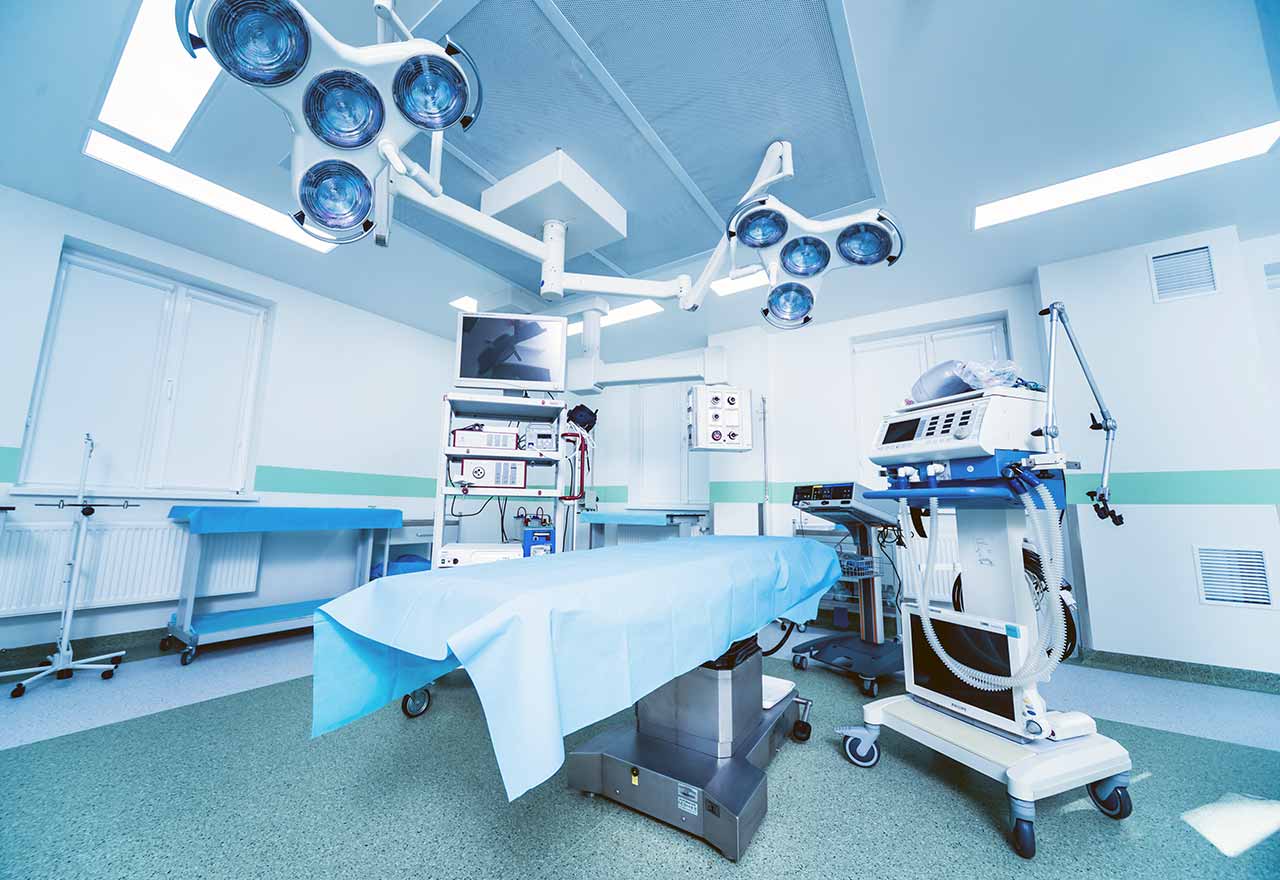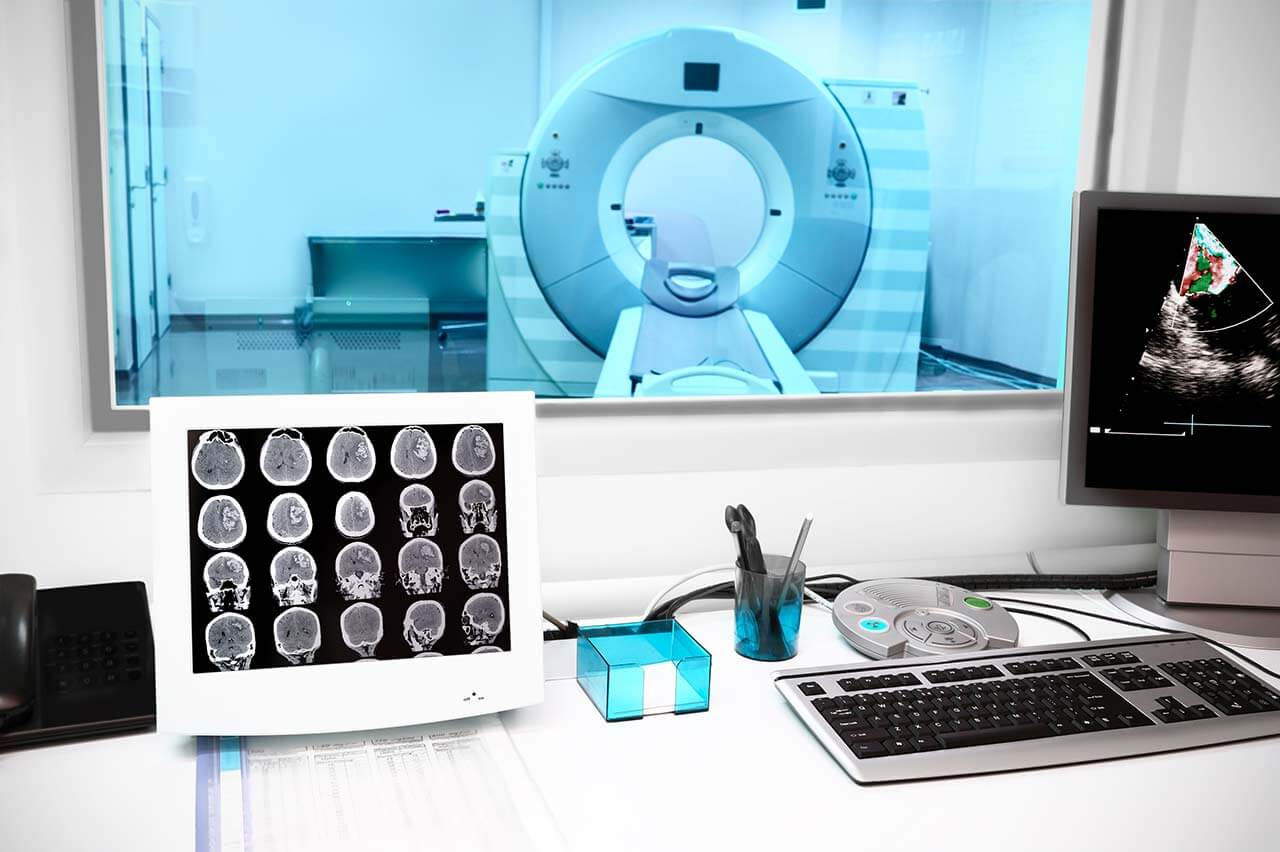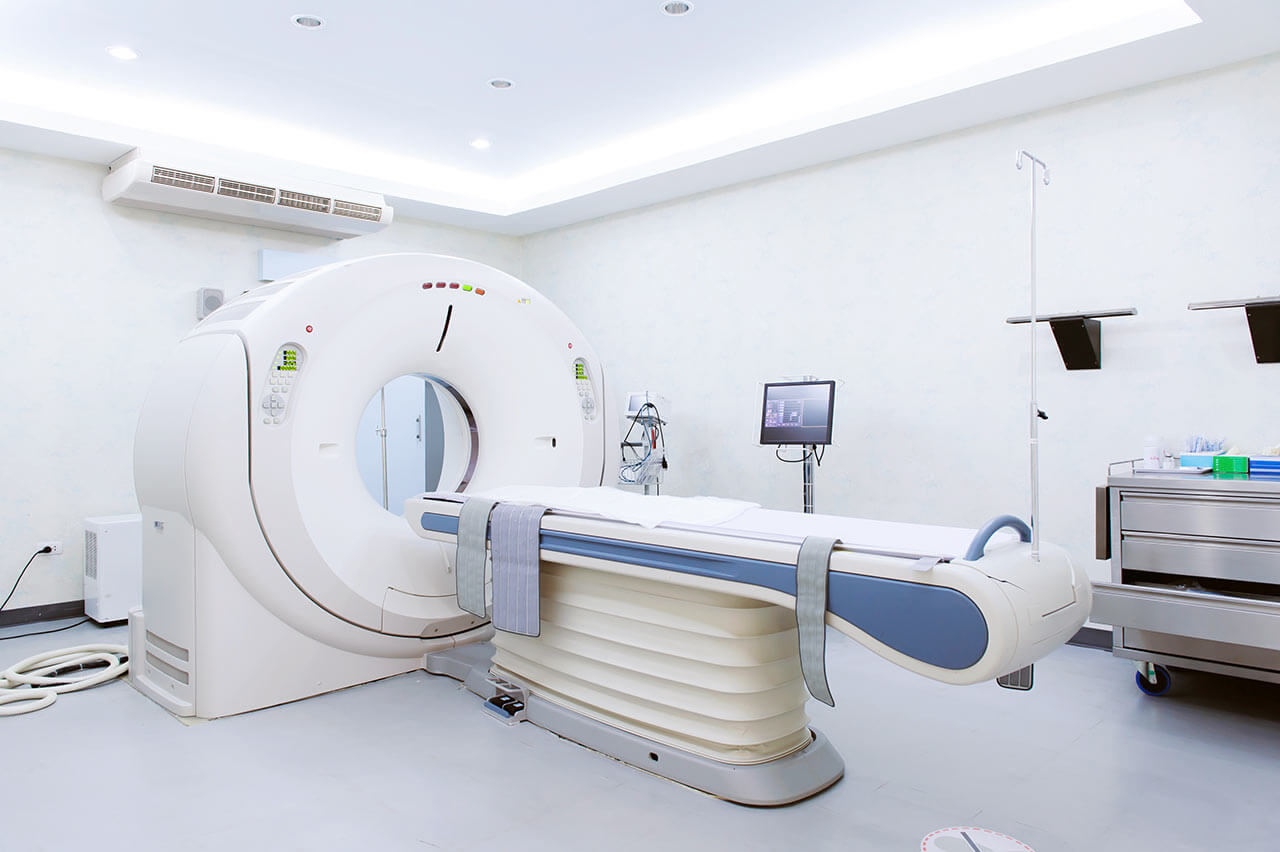
About the Department of Adult and Pediatric Neurosurgery, Spinal Surgery at University Hospital Hamburg-Eppendorf
The Department of Adult and Pediatric Neurosurgery, Spinal Surgery at the University Hospital Hamburg-Eppendorf provides a full range of services in its areas of expertise. The department's doctors operate on patients with brain and spinal cord tumors, central nervous system malformations, epilepsy, traumatic brain injuries, degenerative disc diseases, spinal stenosis, spinal cord injuries, and peripheral nervous system pathologies. Neurosurgeons specialize in treating patients of all ages, including children and adolescents. Pediatricians, pediatric oncologists, radiologists, and neuroradiologists are involved in the treatment of young patients. Surgical procedures to treat pathologies of the nervous system are performed by highly qualified surgeons with extensive clinical experience. The physicians use state-of-the-art equipment in their work: intraoperative imaging systems, neuronavigation devices, and fluorescence imaging. Advanced technologies are key to effective and safe treatment, as damage to vital anatomical structures of the brain or spinal cord may cause severe neurological deficits. More than 2,000 operations are performed annually in the department's state-of-the-art operating rooms, the majority of which are for brain tumors. The department treats more than 11,000 patients each year. For many years, it has been one of the leading neurosurgical centers in Germany that treats patients from many European countries. The department is headed by PD Dr. med. Lasse Dührsen.
The specialists in the department are deservedly proud of their outstanding achievements in the surgical treatment of brain tumors in adults and children. It should be noted that neurosurgeons have unique experience in performing operations for complex skull base tumors. The basis of treatment for brain tumors is almost always their surgical resection. These operations are considered complex and require high skill of the neurosurgical team and the use of advanced technologies. When performing brain tumor resection surgery, the medical facility uses intraoperative imaging and neuromonitoring systems, as well as intraoperative fluorescent labeling of the tumor with 5-aminolevulinic acid. Approximately 1,000 resections of glioblastomas, meningiomas, astrocytomas, and skull base tumors are performed in the department's operating rooms each year. The clinic achieves exceptional results in neurosurgical treatment thanks to a strong team of specialists and the use of innovative methods and advanced high-tech equipment. Most patients with brain malignancies are also prescribed radiation therapy, with the number of sessions required and their intensity determined by the radiotherapists, taking into account the clinical situation. If clinically indicated, chemotherapy, targeted therapy, and immunotherapy may also be used.
Of particular interest to the department's medical team is surgery for epilepsy in adults and children. In most cases, epilepsy responds well to drug therapy, but when it is ineffective, doctors consider surgical treatment. The patient undergoes a comprehensive preoperative diagnosis, including electroencephalography, video-EEG monitoring, computed tomography, magnetic resonance imaging, positron emission tomography, laboratory tests, and other studies. The department's neurosurgeons specialize in amygdalohippocampectomy (surgery to remove parts of the temporal lobe of the brain), resection of epileptogenic brain tumors, vagus nerve stimulation, and deep brain stimulation. The decision to perform surgery for epilepsy is made at an interdisciplinary meeting involving neurologists, neurosurgeons, and neuroradiologists.
The department also offers high-quality services in spinal surgery. Since May 2018, the department has the status of a Level I Spinal Surgery Center with certification in accordance with the standards of the German Spine Society (DWG), of which only 14 clinics in the whole of Germany have been awarded. The department performs more than 500 spine surgeries each year, including the most complex ones. Neurosurgeons most often operate on patients with herniated discs, spinal stenosis, spondylolisthesis, spinal tumors and injuries. Spinal procedures are performed using minimally invasive, microsurgical, and endoscopic techniques. Thanks to the use of minimally invasive surgical techniques, patients recover extremely quickly, and pain is virtually eliminated in the postoperative period.
Some of the key areas of clinical practice in the department are as follows:
- Neurosurgery
- Surgery for brain tumors
- Surgery for glioblastomas
- Surgery for meningiomas
- Surgery for astrocytomas
- Surgery for brain metastases
- Surgery for brain aneurysms
- Surgery for brain arteriovenous malformations
- Surgery for pituitary adenomas
- Surgery for epilepsy
- Surgery for hydrocephalus
- Deep brain stimulation for movement disorders with a special focus on Parkinson's disease, tremors, and dystonias
- Surgery for peripheral neuropathies
- Surgery for neurosurgical diseases in children and adolescents
- Surgery for brain tumors
- Surgery for epilepsy
- Surgery for hydrocephalus
- Surgery for spina bifida
- Surgery for Arnold-Chiari malformation
- Surgery for brain arteriovenous malformations
- Surgery for craniosynostosis
- Surgery for brain tumors
- Spinal surgery
- Surgery for spinal disc herniations
- Surgery for spinal stenosis
- Surgery for spondylolisthesis
- Surgery for spinal fractures, including osteoporotic ones
- Surgery for spinal tumors
- Surgery for congenital spinal malformations
- Other surgical options
Photo of the doctor: (c) Universitätsklinikum Hamburg-Eppendorf (UKE)





